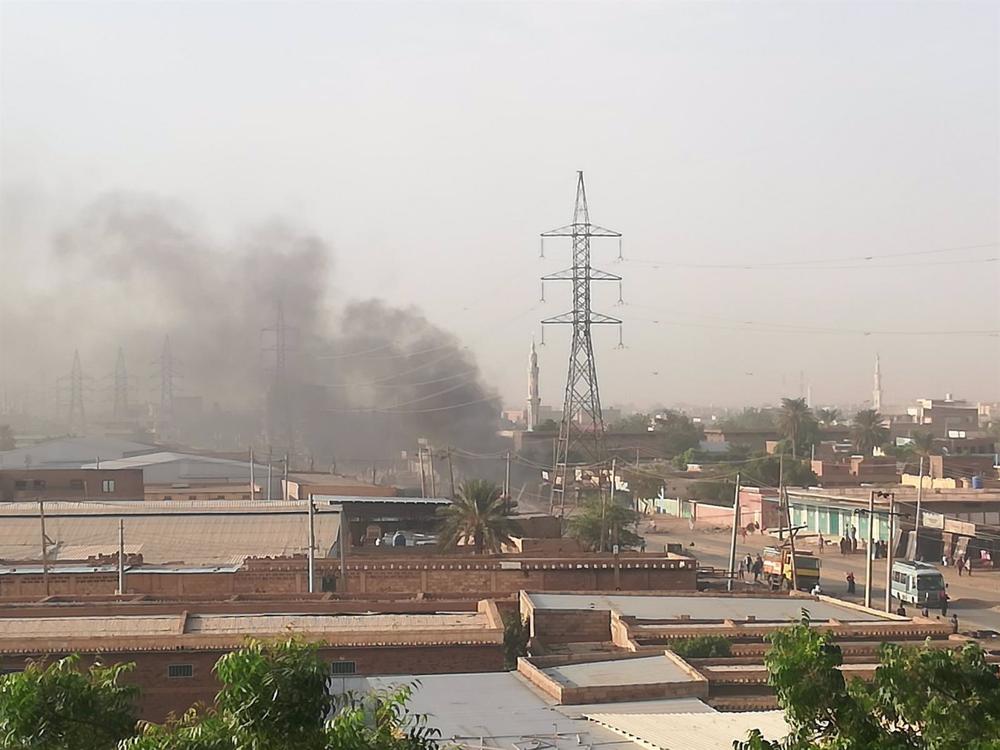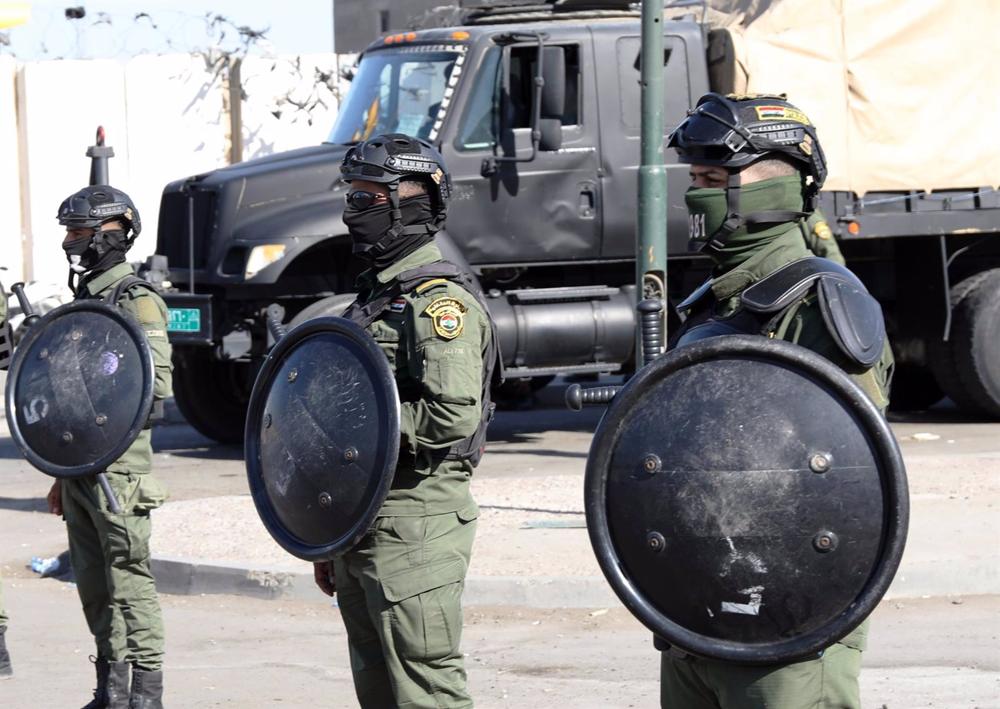
The World Health Organization (WHO) warned Tuesday of a »very high biohazard risk» after one of the parties to the conflict in Sudan seized the premises of a laboratory allegedly containing various pathogens in the African country’s capital, Khartoum.
The agency’s representative in Sudan, Nima Said Abid, has indicated that the headquarters of the National Public Health Laboratory is occupied by troops of »one of the parties to the conflict» and stressed that laboratory technicians »no longer have access to the laboratory».
With the power cuts, it is not possible to properly manage the biological materials stored in the laboratory for medical purposes,» he said, before pointing out that the danger stems from the lack of operational generators in the facilities and stressing that the stored blood bags could spoil.
The National Public Health Laboratory states on its website that the facility tests for various pathogens, including coronavirus, tuberculosis, measles and polio, and is the reference laboratory for such tests in Sudan’s capital.
He also specified that the Sudanese authorities have so far confirmed about 460 dead and more than 4,000 wounded as a result of the fighting that broke out on April 15 between the army and the paramilitary Rapid Support Forces (RSF), although he warned that the figures »are probably higher».
Said Abid indicated that the data of the Sudanese Ministry of Health show 459 dead and 4,072 wounded, among them 166 dead and 2,343 wounded in the state of Khartoum. The figures are probably higher because of the non-functioning of at least 25 percent of the health facilities in Khartoum, where most of the fighting is taking place,» he explained.
He also stressed that to date he has verified a total of fourteen attacks on health facilities, events that have left at least eight dead and two wounded. WHO strongly condemns the continued attacks on the health system. They must stop. They prevent health workers from avoiding much-needed help and the population from accessing medical services,» he said.
»Only a fraction of health facilities in Khartoum are providing service because of staff fatigue, shortage of medical supplies or attacks,» he lamented. »Sudan’s Ministry of Health has indicated that 36.5 percent of medical facilities in Khartoum are not functioning and another 25 percent are not responding (to attempts to contact them),» he said.
Source: (EUROPA PRESS)






